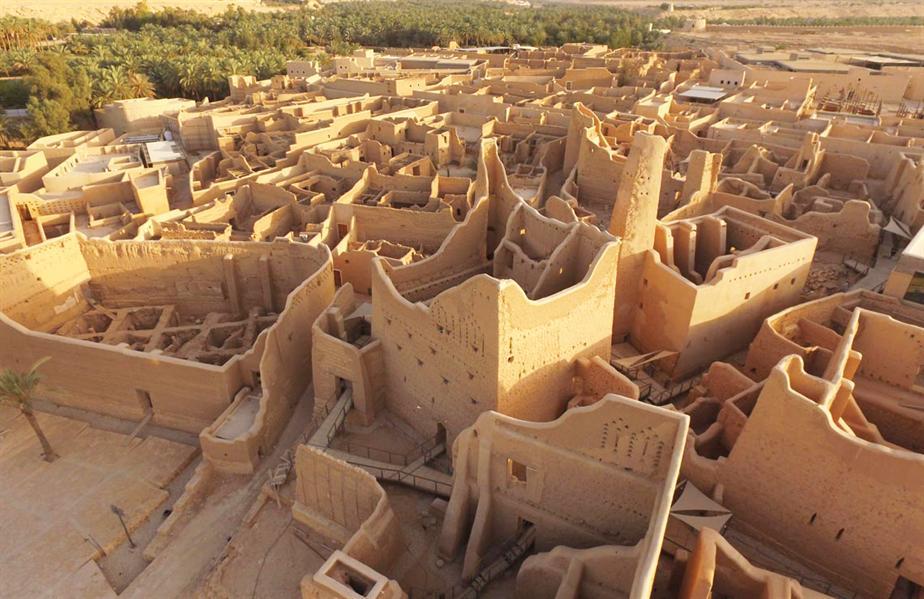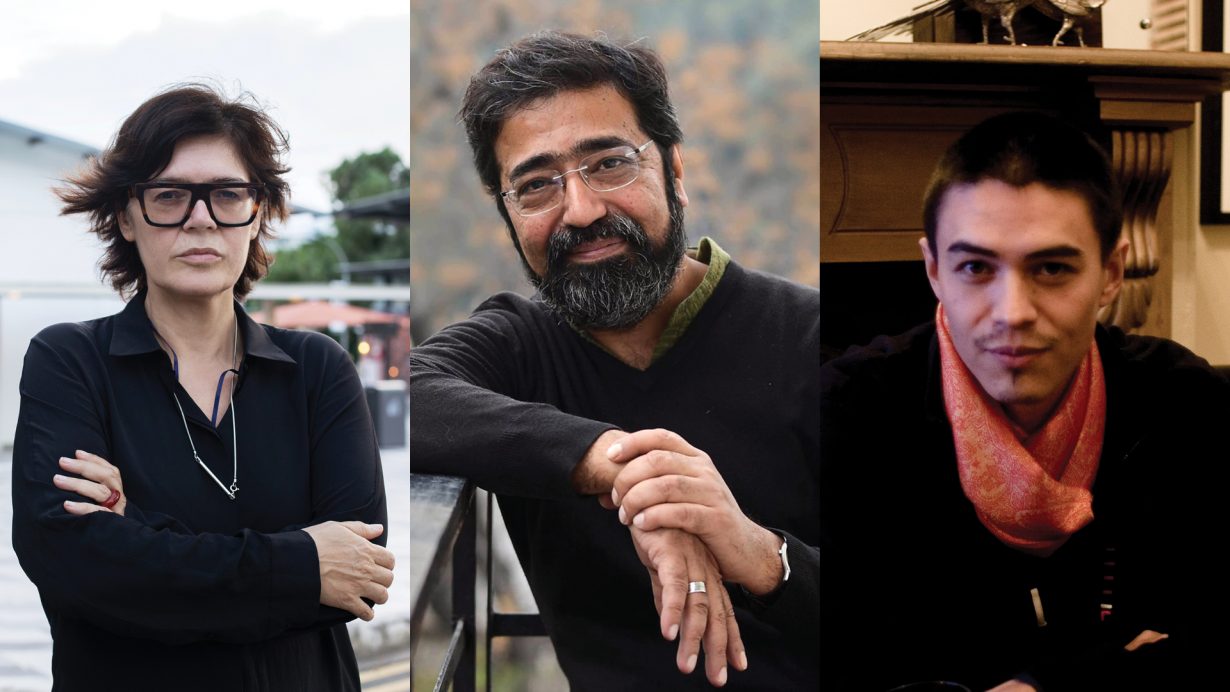Today brings tentative optimism that the artworld’s enforced lockdown might be coming to some sort of end, after announcements on curators and themes by various international biennials. While barely a handful of major exhibitions were able to go ahead in 2020 (many either postponed or going online), the organisers of the Ural Industrial Biennial of Contemporary Art and a new project in Saudi Arabia, the Ad-Diriyah Biennale, are confident enough to announce curators and themes. Last week the Istanbul Biennial also announced its team for an event scheduled for late 2021.
Ad-Diriyah, an eighteenth-century town on the outskirts of Riyadh known for its traditional mud-brick architecture, and which is being redeveloped as a heritage site (it was made a UNESCO World Heritage site in 2010) will host Saudi Arabia’s first biennial. The kingdom’s newly formed Ministry of Culture has asked Philip Tinari, the director of Beijing’s UCCA Center for Contemporary Art to lead. From China Tinari will bring two members of his staff, curators Shixuan Luan and Neil Zhang, joining local curator Wejdan Reda, founder of Sahaba Art Consultancy to complete the team. Last year the government announced that the seven-sq-km site will become home to a new collection of museums and galleries, as well luxury retail outlets and over 100 cafes and restaurants. Every other year, from 2022, Ad-Diriyah will also host a biennial of Islamic art.

In autumn Russia’s Ural Industrial Biennial will stage its sixth edition, with Çağla Īlk, Misal Adnan Yıldız and Assaf Kimmel programming projects throughout Ekaterinburg and other Ural region cities. They are working with the title Thinking hands, touching each other and, in a presumed nod to our socially distanced times, say the exhibition will ‘investigate possible forms of engagement considering touch, intimacy and human interaction. Together with complexities of gaze, memory and politics of image, the notions of touch, distance and proximity problematise the industrial context of Ural as an architectural problem.’ Īlk and Yıldız were appointed the directors of Staatliche Kunsthalle Baden-Baden this year, Īlk moving from a curatorial position at the Maxim Gorki Theater, Berlin (2012–20). Kimmel, also German-based, is an architect and curator.
The Istanbul Biennial is more established, and the show opening 11 September will be the seventeenth edition, with, as ArtReview reported last week, Ute Meta Bauer, Amar Kanwar and David Teh curating.

A teasing statement of intent suggests that while big art events are sure to return, they are likely to have to adapt to whatever the new normal, post-COVID, post-vaccine, world might look like. The Istanbul trio write ‘Rather than a great tree, laden with sweet, ripe fruit, this biennale seeks to learn from the birds’ flight, from the once teeming seas, from the earth’s slow chemistry of renewal and nourishment. There may be no great gathering, no orchestrated coming together at one time and place; instead it might be a great dispersal, an invisible fermentation. Its threads will be drawn together, but they will multiply and diverge, at different paces, crossing here and there but with no noisy culmination, no final knot. It may begin before it is to begin and continue well after it is over.’